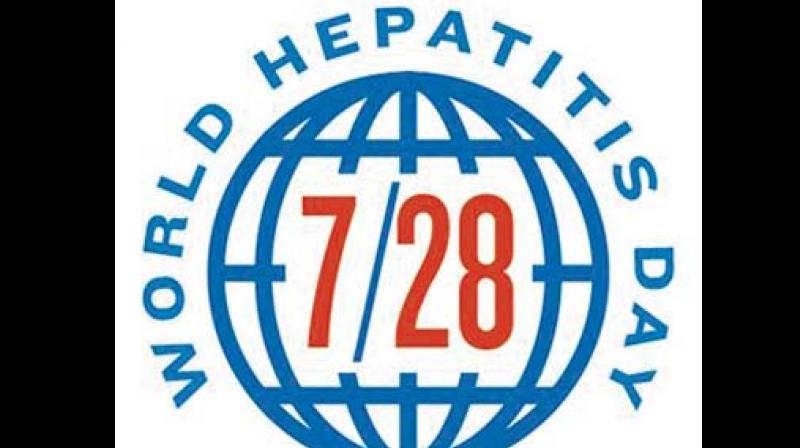Planning to get inked? Make sure needle is sterilized!
The infected blood can be transmitted through unsterilized syringes and needles and certain sexual behaviour.

BENGALURU: While tattoos have become a fashion statement among the young, doctors warn they risk contracting Hepatitis B if the needles used are not properly sterilized. Hepatitis B and C are liver infections and caused as a result of infected blood. The infected blood can be transmitted through unsterilized syringes and needles and certain sexual behaviour.
Dr Khazi Javeed Irfan, consultant-internal medicine at Columbia Asia Hospital, Hebbal, said, “We have witnessed a lot of youngsters diagnosed with Hepatitis B after getting their tattoo done. This might be because of the needle. If the needle is infected, then the chances of transmissions are high and there is a greater risk of contracting Hepatitis B and C.”
He also said that before getting inked people should guarantee certain things, like if the tattoo artist/studio is licensed, whether the place hygienic and are the equipment’s sterilized. They should also ensure that the tattoo artist is wearing gloves and using a fresh needle. “If an unsterilized needle is used then there is a high chance of developing Hepatitis B, C and also HIV if the infected person had harboured it,” Dr Irfan added.
On this World Hepatitis Day, marked on July 28, the theme is ‘Test. Treat. Hepatitis.’ City doctors say it is important to create awareness, action to prevent and treat viral Hepatitis. According to World Health Organisation (WHO), viral Hepatitis B and C are the major health challenges affecting over 325 million globally. Dr Adarsh C. K., Consultant Gastroenterologist, Hepatologist, BGS Gleneagles Global Hospitals said, “It is advisable to eat hygienically prepared food and consume only clean drinking water. Avoid blood to blood contact with a HBV or HCV infected person and use protection in case of intercourse with an infected person. Unfortunately, in the initial stages there aren’t any pronounced symptoms, often causing the infection to go unnoticed.”
Some of the symptoms include loss of appetite, yellowing of skin and eyes, nausea, blood in vomit, black stool and swelling in abdomen and legs after the significant damage of liver. A study conducted by hepatitis B immunisation coverage in the state also showed poor results. The National Family Health Survey (NFHS-4) data revealed that in urban areas, where most children were born in private hospitals, the vaccine coverage was 54.1 per cent, compared to 62.8 per cent in rural areas.
“Hepatitis B is prevalent in certain parts of the country especially the rural areas and it is on a rise in urban population. The rural and urban population are two different extremes. In rural areas, it is the lack of awareness due to lack of education and poverty while in the urban areas, it is the change in lifestyle,” said Dr Sumana Kolar, consultant liver transplant surgeon at Fortis Hospital. In Karnataka, it is estimated that 4-5% of the population has HBV and 1% has HCV, said Dr Adarsh. “In many cases, patients are not aware they have contracted the infection and hence, regular screening and availing treatment at the right time is crucial,” he added.

